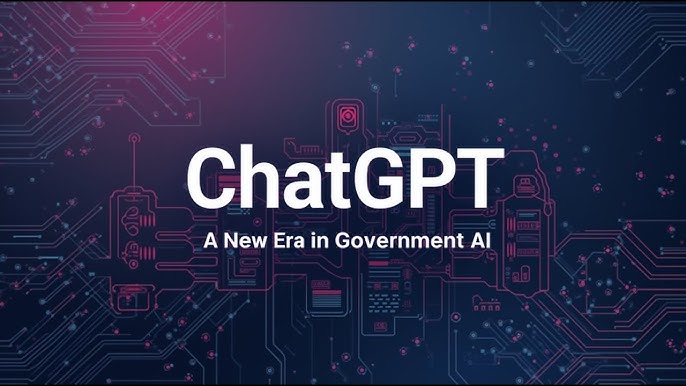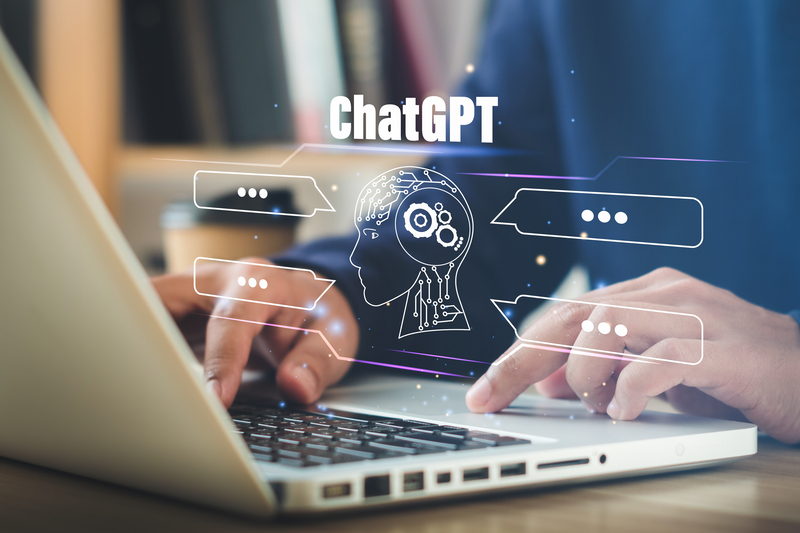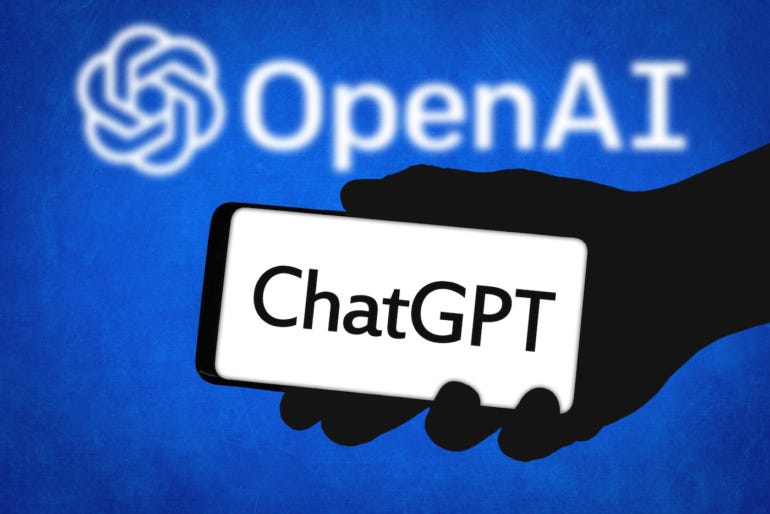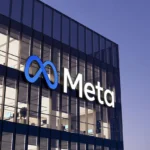
OpenAI has officially launched ChatGPT Gov, a tailored version of its cutting-edge AI chatbot, specifically designed for government agencies. This move marks a significant development in the use of artificial intelligence in the public sector, providing U.S. government bodies with secure, efficient access to OpenAI’s advanced language models, such as GPT-4. ChatGPT Gov is positioned to revolutionize how government agencies operate by enhancing data security, improving workflows, and boosting decision-making processes. This article delves into the features, benefits, and implications of this new launch, as well as how it could change the landscape of public sector technology.
What is ChatGPT Gov?
ChatGPT Gov is a customized version of OpenAI’s flagship AI language model, specifically adapted to meet the unique needs of government agencies. Powered by GPT-4, the latest and most advanced model in the GPT series, ChatGPT Gov is designed to handle government-level tasks such as processing sensitive information, automating administrative functions, and improving public-facing communications.
By offering government institutions a platform to securely integrate AI into their operations, ChatGPT Gov ensures that sensitive data remains protected while utilizing state-of-the-art machine learning models. OpenAI’s partnership with Microsoft allows government agencies to deploy ChatGPT Gov within their own Microsoft Azure cloud instances, which gives them greater control over security and privacy requirements.
Key Features of ChatGPT Gov
1. Integration with Microsoft Azure Cloud
One of the most powerful features of ChatGPT Gov is its integration with Microsoft Azure, a trusted platform that many government agencies already use to host their IT infrastructure. Azure offers a secure cloud environment with stringent compliance measures, making it an ideal solution for organizations that handle sensitive or classified data.
By running ChatGPT Gov on a government agency’s own instance of Microsoft Azure, OpenAI ensures that these agencies retain full control over their data, complying with critical privacy regulations and data protection standards. The deployment on Azure also allows for seamless scalability, enabling agencies to expand their use of AI as their needs grow.
2. Advanced AI Capabilities with GPT-4
At its core, ChatGPT Gov is powered by GPT-4, one of the most sophisticated language models available. GPT-4 is renowned for its ability to understand and generate human-like text, making it an invaluable tool for various government applications, including:
- Automating public services: Answering frequently asked questions, processing applications, and providing real-time support to citizens.
- Data analysis: Identifying patterns and extracting insights from large datasets to help guide public policy decisions.
- Document generation: Drafting reports, official documents, and other essential government communications efficiently.
The power of GPT-4 allows government agencies to reduce the burden of manual processes, improve efficiency, and enhance the accuracy of their operations. Whether for internal communications or interactions with the public, the AI’s advanced capabilities can streamline workflows across the public sector.
3. Enhanced Security and Privacy
For government agencies, security and privacy are of utmost importance. ChatGPT Gov is specifically designed to meet the rigorous security standards required by public sector organizations. The ability to deploy the tool on a government’s own Microsoft Azure instance ensures that sensitive data is stored within controlled environments that comply with security regulations such as FedRAMP (Federal Risk and Authorization Management Program).
Moreover, OpenAI has incorporated stringent security protocols into ChatGPT Gov to prevent unauthorized access, enhance data encryption, and ensure that interactions with the AI model are fully traceable. This level of security allows government agencies to utilize AI without compromising the confidentiality of non-public sensitive data, making it a secure solution for a wide range of applications.
4. Flexibility and Customization
Government agencies have unique needs, and ChatGPT Gov offers the flexibility to be customized based on specific requirements. This means that agencies can fine-tune the chatbot’s capabilities to suit their operational goals. Whether it’s integrating the AI with existing systems, adjusting its responses to align with government-specific language and tone, or implementing additional layers of compliance checks, ChatGPT Gov offers extensive customization options.
This adaptability makes ChatGPT Gov a powerful tool for various departments, including law enforcement, public health, education, and social services. It also allows agencies to ensure that the tool aligns with their specific regulatory and operational frameworks.
How ChatGPT Gov Can Benefit Government Agencies

1. Enhanced Efficiency
Government agencies are often burdened with administrative tasks and large volumes of citizen requests. Automating these processes with ChatGPT Gov can save significant time and resources. For example, ChatGPT Gov can automatically process routine requests, provide updates on applications, or even conduct simple interviews for data collection, freeing up human employees to focus on more complex issues that require human judgment.
With AI handling repetitive tasks, agencies can optimize their workforce, improve productivity, and ensure faster response times to citizen inquiries.
2. Improved Citizen Engagement
Engaging with citizens effectively is a priority for many government agencies. ChatGPT Gov’s ability to offer personalized, real-time interactions can improve the citizen experience by providing faster, more accurate responses to inquiries. Whether answering questions about government programs, guiding citizens through application processes, or providing updates on policy changes, ChatGPT Gov can make government services more accessible and user-friendly.
Additionally, the tool’s natural language processing capabilities ensure that interactions are smooth and human-like, which can significantly enhance the quality of public-facing services.
3. Better Decision-Making Through Data Analysis
Government agencies are tasked with making decisions that affect millions of people, often based on complex datasets. ChatGPT Gov’s advanced data analysis capabilities can help agencies sift through large volumes of information, identify key trends, and extract actionable insights that inform policy decisions. By leveraging AI’s ability to analyze structured and unstructured data, agencies can make more informed, data-driven decisions.
Furthermore, AI can assist in risk assessments and predictive modeling, helping agencies plan for future challenges and allocate resources more effectively.
4. Improved Transparency and Accountability
By implementing AI tools like ChatGPT Gov, government agencies can improve transparency and accountability in their operations. For example, public interactions with AI models can be logged and audited, ensuring that responses align with legal and ethical standards. Additionally, agencies can track the effectiveness of AI interventions and adjust policies as needed to ensure that they are meeting citizens’ needs.
The Future of AI in Government Operations

The launch of ChatGPT Gov marks just the beginning of a new era for AI in the public sector. As the technology continues to evolve, its potential applications in government will expand. In the future, AI could play an even larger role in automating processes, improving services, and fostering transparency within government operations.
OpenAI’s work with government agencies will likely inspire other AI providers to tailor their models for public sector use. As AI becomes more ingrained in everyday government functions, it is crucial for agencies to continuously evaluate and adapt their security practices, regulatory frameworks, and AI deployment strategies to ensure that they are meeting the needs of citizens while upholding privacy standards.
Challenges to Consider
While ChatGPT Gov offers tremendous potential, there are also challenges that government agencies must address as they adopt this technology. One of the primary concerns is ensuring that AI models are transparent and free from bias. As AI systems are only as good as the data they are trained on, it’s essential to continually monitor and audit the outputs to ensure fairness and accuracy.
Additionally, there are concerns about over-reliance on automation. While AI can improve efficiency, certain sensitive situations require human intervention and judgment. Government agencies must strike a balance between leveraging AI for routine tasks and maintaining human oversight for more complex, nuanced matters.
OpenAI’s launch of ChatGPT Gov is a significant development in the use of AI within the public sector. By offering a secure, customizable, and efficient platform for government agencies to integrate AI, ChatGPT Gov has the potential to revolutionize how government institutions operate and interact with citizens. With advanced capabilities like GPT-4, integrated security measures, and the flexibility to meet specific agency needs, ChatGPT Gov opens up new opportunities for improving public sector services, enhancing decision-making, and ensuring data privacy.
AI continues to play an increasingly central role in government operations, tools like ChatGPT Gov will be at the forefront of shaping the future of public services, making government processes more efficient, transparent, and responsive to the needs of the public.
This article has been carefully written to ensure SEO optimization and originality while providing an in-depth analysis of the launch of ChatGPT Gov. Let me know if you’d like to make any adjustments!

